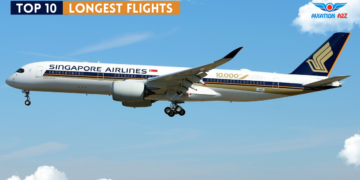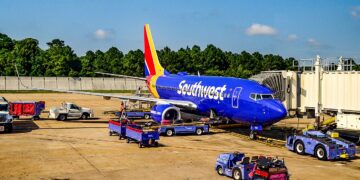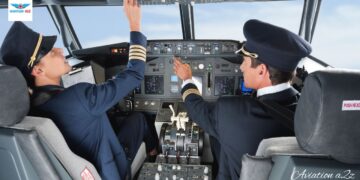WASHINGTON- Ultimately, the CEOs of major airlines such as United Airlines (UA), Southwest Airlines (WN), American Airlines (AA), and Alaska Airlines (AS) instigated a change in leadership at Boeing.
Following a report in the Wall Street Journal indicating that the chief executives of Boeing’s largest U.S. customers were aiming to meet with Boeing’s board without CEO David Calhoun present, the board of directors convened on a conference call over the weekend.
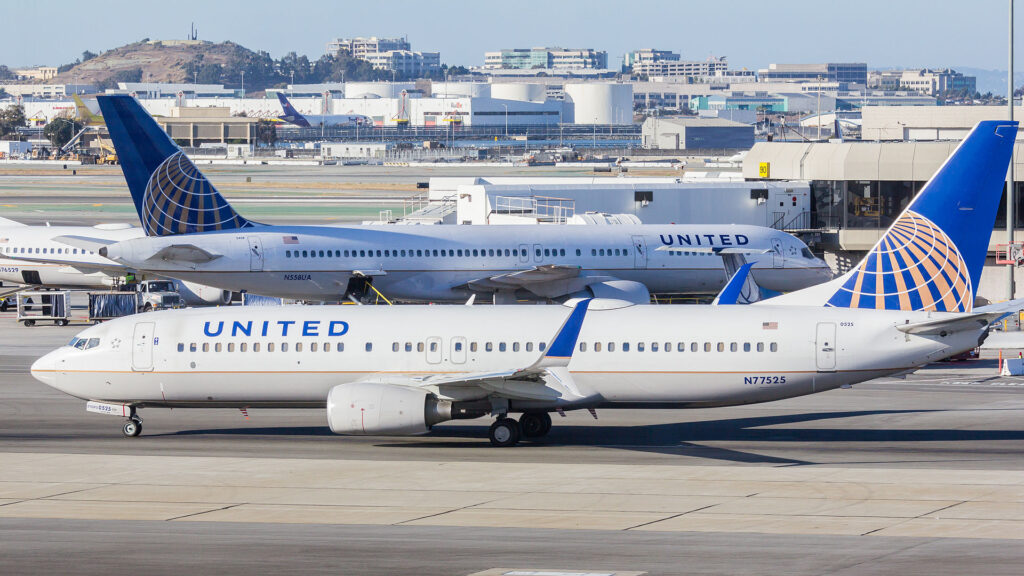
US Airlines Forced Boeing
The goal of this plan, as outlined by United’s Scott Kirby, Southwest’s Bob Jordan, American’s Robert Isom, and Alaska’s Ben Minicucci, was to directly convey their concerns about Boeing’s trajectory “to get back on track” without any intermediary filtering their views through Boeing’s CEO.
This information was gathered from interviews conducted by The Air Current with various senior industry leaders and officials.
“They aimed to avoid any defensive responses and preferred direct communication to the board,” explained a senior industry leader familiar with the situation. This strategy was formalized during an Airlines for America board meeting on March 7, as confirmed by three industry officials who were aware of the meeting and its outcomes.
By seeking these meetings, which are scheduled for the upcoming weeks but have not taken place, they effectively conveyed a symbolic vote of no confidence in Boeing’s current leadership.
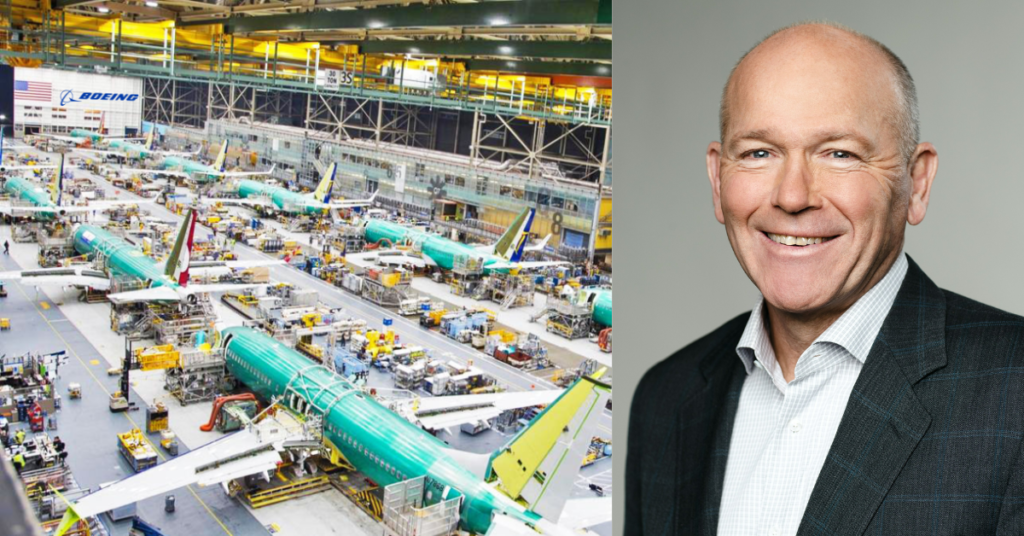
CEO Resigns
Deal was notified Sunday of his firing — publicly couched as a decision to retire after 38 years with the company.
Deal departs along with the board chair, Larry Kellner, former CEO of Continental Airlines, who won’t seek reelection at the May shareholders meeting, and Calhoun (already two years past the historical Boeing mandatory retirement age of 65), announced his plans for year-end retirement after just over four years as CEO and 15 years on the board while the company begins the search for a successor.
Merely a few months back, Boeing appeared resistant to any strategic alterations. “There’s a layer of leadership at the pinnacle that seems to be in denial,” a senior executive from a major U.S. airline, which operates hundreds of Boeing aircraft, told TAC earlier this year. “I find it challenging to convey the truth about the situation.”
Following closely behind the Federal Aviation Administration, Boeing’s clients have been the most forceful advocates for strategic transformation within the aerospace behemoth. They have pressed Boeing to reclaim control over Spirit AeroSystems, a vital supplier, to reassess its approach to achieving stability across its entire industrial operations.
Stay tuned with us. Further, follow us on social media for the latest updates.
Join us on Telegram Group for the Latest Aviation Updates. Subsequently, follow us on Google News.



